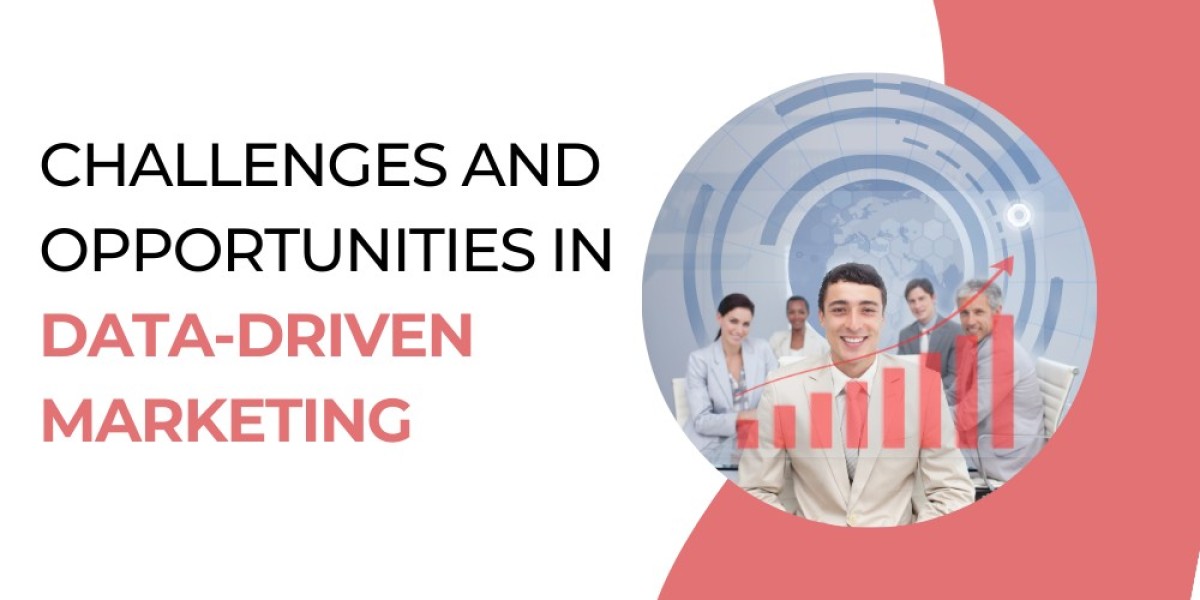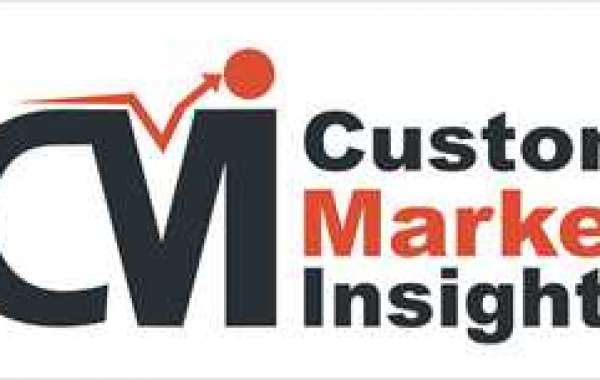Data-Driven Marketing has become a transformative force in the modern marketing landscape. With the rise of Martech solutions and an increasing emphasis on leveraging data for strategic insights, businesses are now positioned to create highly personalized and effective marketing campaigns. This tech article will explore the challenges marketers face in implementing data-driven strategies and the opportunities that come with it.
The Rise of Data-Driven Marketing
Data-Driven Marketing is reshaping how organizations connect with their customers. By harnessing large datasets, businesses can extract insights into customer behavior, preferences, and market trends. This shift allows for more precise targeting, delivering tailored messages to the right audience at the right time.
However, as with any technological innovation, the road to adopting Data-Driven Marketing is fraught with challenges. Marketers need to navigate complex data landscapes, overcome privacy concerns, and integrate various Martech tools to make the most of available data.
Challenges in Data-Driven Marketing
- Data Quality and Accuracy
One of the biggest challenges in Data-Driven Marketing is ensuring data accuracy. Inconsistent, incomplete, or inaccurate data can lead to misguided decisions and ineffective campaigns. For instance, if the data collected about customer preferences is outdated or incorrect, marketing efforts based on that data can result in wasted resources. Ensuring data quality requires continuous data cleaning, validation, and refinement processes.
- Data Privacy and Compliance
With growing concerns over data privacy, marketers must navigate stringent regulations like GDPR and CCPA. Consumers are increasingly aware of how their data is used, and they demand transparency. Organizations must implement robust data protection practices and ensure that their data-driven efforts comply with legal requirements. Balancing personalization with privacy is one of the most complex challenges marketers face today.
- Integrating Diverse Data Sources
Modern marketing involves multiple touchpoints and channels, each generating valuable data. These include website analytics, social media, email campaigns, and offline interactions. The challenge lies in integrating these diverse data sources to form a unified view of the customer journey. Martech tools, such as customer data platforms (CDPs) and marketing automation platforms, can help integrate and analyze these data streams, but the implementation is often resource-intensive and requires technical expertise.
- Skills and Talent Gap
Another hurdle is the shortage of skilled professionals who can manage and analyze large datasets. Data scientists and analysts are in high demand, and organizations often struggle to find talent that can interpret data and translate it into actionable marketing strategies. This skills gap hinders many companies from fully realizing the potential of Data-Driven Marketing.
- Martech Complexity
The sheer number of Martech tools available today adds another layer of complexity. Each tool promises unique insights and capabilities, but managing multiple platforms can lead to inefficiencies and confusion. Marketers must evaluate which tools align best with their specific needs while ensuring seamless integration across platforms. For many businesses, selecting and maintaining the right Martech stack is an ongoing challenge.
Opportunities in Data-Driven Marketing
- Enhanced Customer Personalization
Despite the challenges, Data-Driven Marketing offers unparalleled opportunities for personalization. By analyzing customer data, marketers can create highly targeted campaigns that speak to individual preferences and behaviors. Personalization drives engagement and fosters loyalty, as customers are more likely to respond to messages that resonate with their specific needs. This level of customization would be impossible without the insights provided by data analytics.
- Improved Campaign Performance
Data-Driven Marketing allows businesses to measure and optimize campaign performance with precision. By continuously monitoring metrics such as click-through rates, conversions, and customer lifetime value, marketers can adjust their strategies in real-time. This ability to make data-backed decisions leads to more effective marketing efforts and higher returns on investment (ROI).
- Predictive Analytics for Future Trends
With the rise of AI and machine learning in Data-Driven Marketing, businesses can go beyond analyzing past behaviors to predicting future trends. Predictive analytics enables marketers to anticipate customer needs, optimize inventory, and forecast demand with greater accuracy. This forward-looking approach allows companies to stay ahead of the competition and respond proactively to market changes.
- Better ROI on Marketing Spend
Data-Driven Marketing helps optimize budgets by focusing on high-impact areas. With the ability to track and analyze performance across channels, businesses can allocate resources more effectively, minimizing wasted spend on underperforming strategies. By understanding what works and what doesn’t, marketers can refine their efforts and achieve a better ROI.
- Cross-Channel Insights
In today’s digital world, consumers interact with brands across multiple channels, from social media to email and beyond. Data-Driven Marketing enables businesses to gain a comprehensive view of their customers' journey, providing insights into how different touchpoints contribute to conversions. Cross-channel data integration allows marketers to create cohesive and consistent messaging, ensuring that each channel complements the overall strategy.
The Role of Martech in Data-Driven Marketing
Martech plays a pivotal role in enabling Data-Driven Marketing strategies. From automation tools that streamline marketing tasks to advanced analytics platforms that provide deep insights, Martech solutions are at the heart of modern marketing. However, navigating the Martech landscape can be overwhelming due to the vast array of options available.
Selecting the right Martech tools requires a clear understanding of business objectives and marketing goals. Marketers need to focus on tools that offer data integration, automation, and scalability. By leveraging the right Martech solutions, businesses can enhance their data-driven efforts, resulting in more efficient and impactful marketing strategies.
Conclusion: The Future of Data-Driven Marketing
As the marketing industry continues to evolve, Data-Driven Marketing will become increasingly critical to success. While challenges like data quality, privacy, and talent shortages remain, the opportunities for personalized, data-powered campaigns are immense. Martech solutions will continue to play a key role in facilitating these efforts, offering the tools needed to navigate the complex data landscape.
In this tech article, we’ve highlighted both the challenges and opportunities of Data-Driven Marketing. By embracing data, businesses can make smarter decisions, create more effective marketing campaigns, and ultimately deliver greater value to their customers. The future is data-driven, and those who leverage its potential will lead the way in tomorrow's marketing world.










